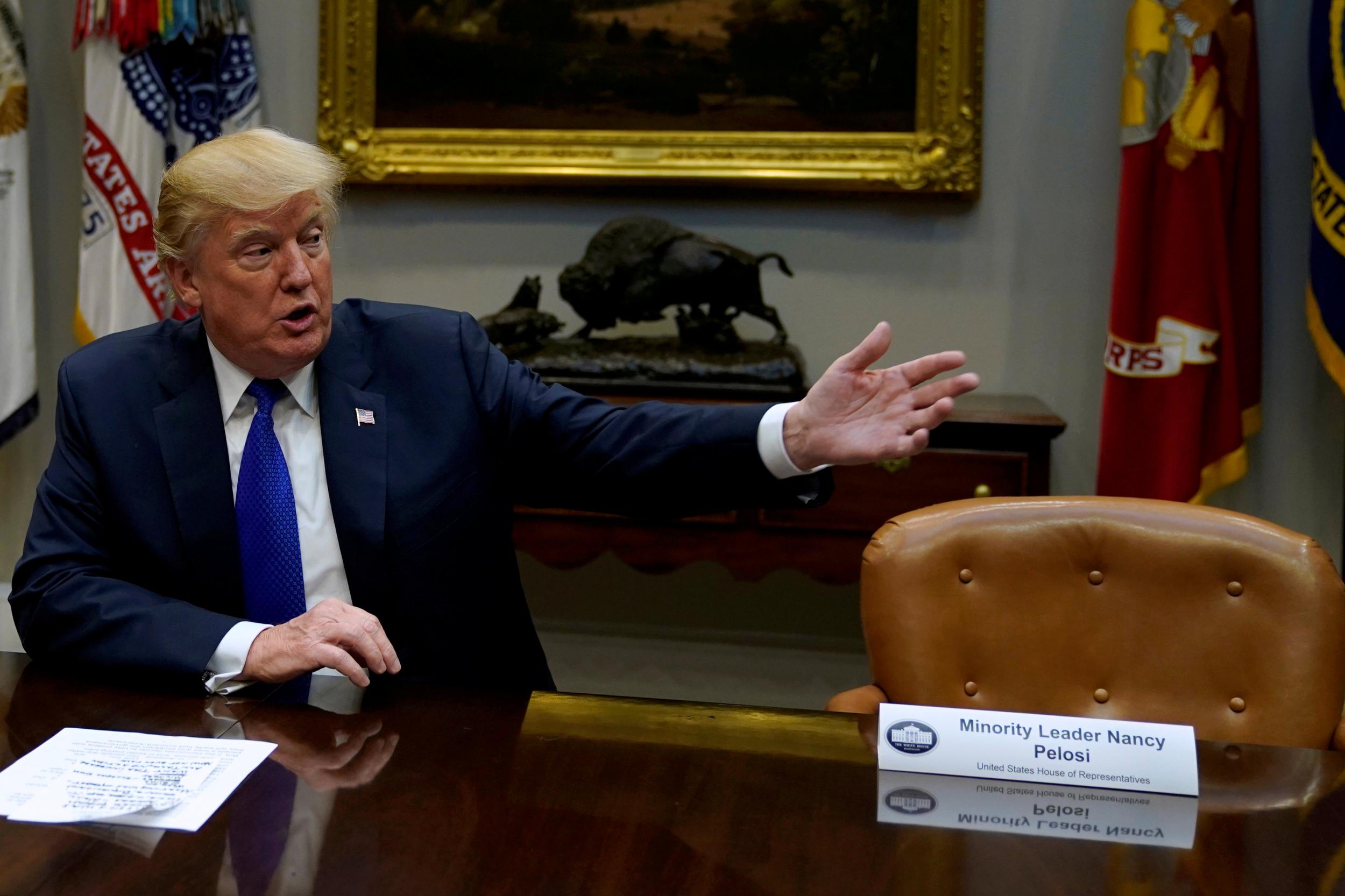Five things to look out for in the US economy now the Senate has passed the tax bill
We can't know the details of the bill, but it could have important consequences on short-term interest rates and long-bond yields, not to mention the impact of the corporate tax standard shifting to 20 per cent


Let’s focus on the US, or rather the economic and financial issues there, rather than the political soap opera. This week the markets will have to try to gauge the impact of the tax changes that will follow the passing of the tax bill in the Senate just before 2am on Saturday morning. We cannot know the detail, partly because of the jumbled series of additions and subtractions to the draft, and partly because the Senate version and the House version have to reconciled in conference. This will take at least three weeks, making it tight to submit an agreed draft to the President before Christmas. But the markets have to open on Monday and that gives a first professional assessment of the impact.
At a macroeconomic level the first issue is whether a looser fiscal policy requires a tighter monetary policy. So I am interested in any change in the market’s expectations for short-term interest rates. We know that the Federal Reserve will increase rates at its next meeting on 12 to 13 December. That has been clearly signalled. But expectations about the next increases through the course of 2018 are wide open. Will the Fed clarify? This matters to all of us because dollar rates will affect global rates. So tax cuts in America mean higher rates in Britain? To some extent yes.
Can the US economy grow faster? That is the idea behind the Republican pitch that faster growth will mean that the tax cuts are revenue-neutral. But there is a problem here, because the economy is already at or close to full capacity. The danger is that you boost the economy when it is already near the top of the cycle, maybe pushing it up a bit more and hence exaggerating the peak, but doing nothing for its long-term growth. Maybe some people who are not in the workforce are pulled into jobs and that’s great. Maybe companies, faced with a shortage of labour, can figure out how to use their people more efficiently. But maybe you just generate more inflation. The economy is running hot. Can it run hotter?
So let’s see what the professionals think, and the key indicator of their judgement will be what happens to long-bond yields. They are on an upward trend already, with the view gradually gathering momentum that the 30-year bull market in bonds is over, and the US and the world face a parallel 30 years of rising yields. But the increase in yields will not be straight line at all, and we will know in a few days whether President Trump has given a significant upward kick to long-term interest rates. I expect it will have done.

Third, quite aside from these macroeconomic considerations there are the microeconomic ones. Both the Senate and the House plans propose a corporation tax rate of 20 per cent. That means that 20 per cent will probably become the new global standard. I am interested in what other countries say about this. The Dutch have just agreed to cut their rate to 21 per cent and the more that rates come down the less attractive, in relative terms, will be the 12.5 per cent rate of Ireland or the zero rates of many tax havens. Couple that with the new one-off tax on companies’ foreign cash balances and it will be less attractive for companies to park money abroad. Question: does it look as though significant amounts of corporate money will be repatriated, and if so, what will be the impact on US finances? We should start to get estimates of the likely level of repatriation soon.
Finally, nothing to do with Donald Trump or the Republican tax plans and everything to do with market stability: what happens to bitcoin? I think we all know what will happen in the end, but the end may be a long way off. It feels like a classic speculative bubble, and when bubbles are popped there is usually trouble. But what trouble and where is the collateral damage? Look for hints in the coming days.
Join our commenting forum
Join thought-provoking conversations, follow other Independent readers and see their replies
Comments
Bookmark popover
Removed from bookmarks